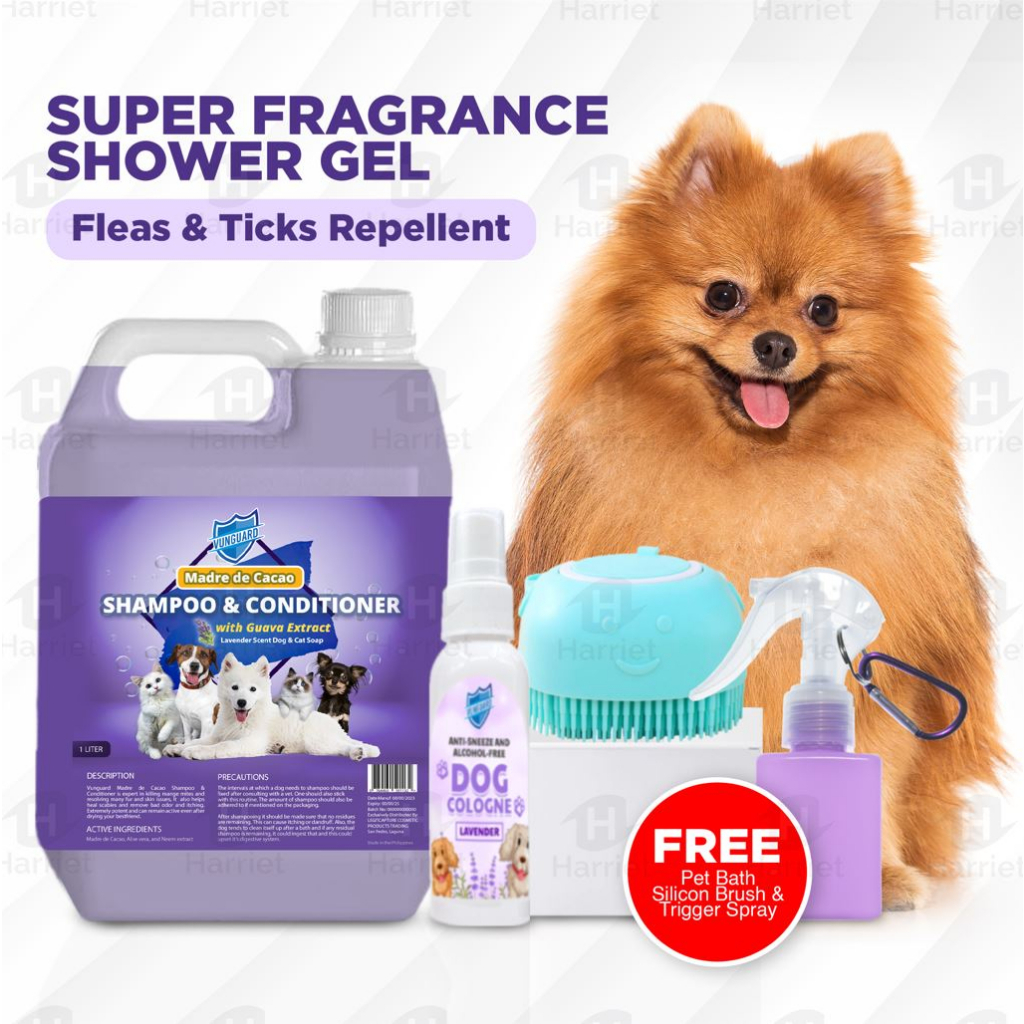Image Source shopee.ph
The Importance of Choosing the Right Flea Shampoo for Your Cat
Fleas are a common problem among pets, and as a responsible pet owner, it’s crucial to address the issue promptly. One common question that many cat owners have is whether they can use dog flea shampoo on their feline companions. In this article, we’ll delve into the topic and provide you with all the information you need to make an informed decision about using dog flea shampoo on your cat.
The Difference between Dog and Cat Flea Shampoo
It’s easy to assume that all flea shampoos are created equal, but that’s not the case. Dog flea shampoo typically contains different active ingredients than those formulated for cats. While both types of shampoos are intended to kill fleas, the dosage and formulation are tailored to the specific needs of each species. The wrong shampoo can result in adverse effects on your cat’s health.
One key difference lies in the use of pyrethrin or pyrethroid compounds, which are commonly found in dog flea shampoos. These ingredients can be highly toxic to cats, as felines lack the enzymes necessary to metabolize them effectively. Using a dog flea shampoo that contains pyrethrins on your cat can lead to serious neurological issues or even prove fatal in extreme cases.
Additionally, the pH balance of a cat’s skin differs from that of a dog, making it essential to choose a shampoo that suits your cat’s specific needs. Using dog flea shampoo on your cat can disrupt their natural pH balance, leading to skin irritations, dryness, and discomfort.
Tips for Safely Managing Fleas on Your Cat
While using dog flea shampoo on your cat is not recommended, there are various safe alternatives available for managing fleas effectively. Here are some tips to help you navigate the world of cat flea control:
1. Consult with Your Veterinarian
Before starting any flea treatment regimen for your cat, it’s essential to consult with your veterinarian. They will be able to recommend the best flea control products specifically designed for cats, ensuring their safety and effectiveness. Your vet can also guide you on proper application techniques and offer advice on preventing flea infestations in the future.
2. Use Cat-Specific Flea Treatments
Cat-specific flea treatments come in different forms, such as spot-on treatments, oral medications, and flea collars. These products are formulated with the safety and well-being of cats in mind, effectively killing fleas without risking harm to your furry friend. Follow the instructions provided by the manufacturer and your vet’s advice when using these treatments.
3. Regularly Groom and Inspect Your Cat
Regular grooming is an excellent way to keep an eye out for fleas or any signs of infestation. Comb your cat’s fur using a flea comb, which has small, closely spaced teeth to capture fleas and flea dirt. If you notice any fleas or suspect an infestation, seek advice from your veterinarian on appropriate next steps.
The Risks of Using Dog Flea Shampoo on Your Cat
Although it may be tempting to reach for the dog flea shampoo as a quick solution, the risks involved are not worth it. Here are some potential dangers of using dog flea shampoo on your cat:
1. Toxicity and Adverse Reactions
As mentioned earlier, dog flea shampoos often contain ingredients that can be toxic to cats. Using these shampoos can result in adverse reactions ranging from mild skin irritations to severe neurological problems. The consequences can be life-threatening, making it crucial to avoid using dog flea shampoo on your cat.
2. Skin Irritations and Dryness
Cats have sensitive skin, and using a dog flea shampoo can lead to skin irritations and dryness. The difference in pH balance can disrupt the natural equilibrium of your cat’s skin, causing discomfort and potentially leading to more severe dermatological issues.
3. Negative Behavioral Effects
Exposing your cat to the wrong type of flea shampoo can be traumatic and result in negative behavioral changes. Cats may associate the unpleasant experience with grooming, leading to aversion or aggression during future grooming sessions.
Conclusion
When it comes to managing fleas on your cat, it’s crucial to prioritize their safety and well-being. Using dog flea shampoo on your feline companion is not recommended due to the potential health risks involved. Instead, consult with your veterinarian to find cat-specific flea treatments that are safe and effective. Remember to regularly groom and inspect your cat for signs of fleas and schedule routine check-ups to prevent future infestations. By choosing the right flea control products and following proper guidelines, you can keep your cat flea-free and happy.
